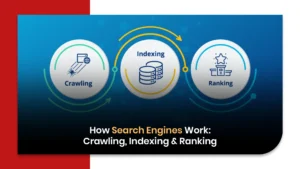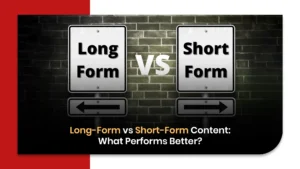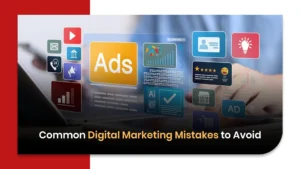
What Is B2B Product Marketing & Why It Matters for Businesses
These days, in the B2B market, which is extremely competitive, a product launch alone is not sufficient. It is not that companies suffer simply because they do not offer anything useful, but rather their marketing is ineffective, and therefore the value that the customers get from products remains undiscovered. This is exactly where B2B product marketing becomes relevant. It connects product design with income-making by turning complicated buyer-owned technical communication into narratives that they can comprehend and take action upon.
1. What is B2B Marketing? A Clear Definition
Product marketing in a B2B setup is the activity of offering a product to other businesses through understanding their challenges, properly positioning the solutions, and creating messaging that facilitates the adoption and revenue. B2B product marketing differs from traditional marketing in that product awareness is the main goal in the latter, while a B2B product marketing agency ensures business outcomes are achieved through product adoption by decision-makers.
Gartner states that companies mastering product marketing are likely to achieve 1.5 times their revenue target as opposed to those who are not. The visibility that B2B product marketers drive is accompanied by other activities such as sales enablement, buyer education, and sustainable growth. Marketers work closely with product teams to turn features into benefits, making marketing dollars flow directly to revenue generation.
2. The Unique Role of Product Marketing in B2B vs B2C Marketing
Getting the differences between B2B and B2C marketing shows why product marketing in B2B has to be done differently. B2B purchases are characterized by the involvement of multiple stakeholders, each with their own concerns and evaluation metrics of the products. The decision process here can last for weeks or even months, unlike in B2C, where it is mostly personal preference and impulse that drive transactions.
One of the main reasons why B2B products are technical and require education to show their value is that many are complex. Take HubSpot as an example; it customizes the content for marketing managers, sales executives, and technical personnel in such a way that every stakeholder can see the product’s contribution to their areas of expertise. This is totally different from B2C campaigns that place a lot of emphasis on emotional appeal and use of generic messaging.
3. Key Elements of a Successful B2B Marketing Strategy
The importance of B2B marketing plan lies in how various components are brought together. Market analysis is the tool for a company to keep pace with the changing trends in the industry, competitors’ moves, and peeping customer needs at the very nascent stage. Making buyer profiles is an important first step for marketing programs to target challenges and the root causes of the motivations.
On one hand, product positioning and messaging are the aspects where highly technical features of the companies are translated into the language of customer benefits. On the other hand, sales enablement equips the sales force with the necessary resources, customer engagement scripts, and training to seal the deal confidently. Every performance metric can be tracked and analyzed, allowing for improvements. It is through this systematic manner that companies realize measurable advantages; the SiriusDecisions study reveals that those with formal product marketing programs win 18% more deals and get to market 15% faster.
4. Buyer Personas in B2B Marketing Explained
Buyer personas lie at the very heart of B2B product growth strategy. They enable marketers to design campaigns that speak directly to the decision-makers. Personas pinpoint the main functions of the specified target company, comprehend their motivators, and plot the buyer journey from awareness to post-purchase.
By specifying the pain points that the solution matches, predicting the objections, and offering resolutions, these personas become a platform for crafting messaging. For instance, the chief information officer may be all about integration and security, whereas the marketing director may be looking for measurable ROI and efficiency. According to Forrester, companies spending on personal development get the benefit of conversion rates going up to 73% in targeted campaigns.
5. How Product Positioning Shapes B2B Success
B2B product positioning is the process of explaining the place of a product in the market and its advantages to the customers. Positioning, if clear and different, helps buyers see why a product is not only relevant but also better than alternatives. Just highlighting features is the past that modern effective positioning moves towards benefiting and business impact.
For example, Salesforce doesn’t market its CRM as the typical feature-laden software but as a productivity and integration tool. This emphasis on company outcomes leads buyers to see its importance with barely any time and thus facilitates fast adoption.
6. The Role of Messaging and Value Proposition in B2B
The most important elements of B2B content marketing are messaging and value propositions. They make certain that the information presented, be it on the website or through an email, is consistent and convincing, and provides solid reasons for choosing the product. Strong messaging consists of highlighting the benefits, giving proof such as metrics and case studies, and is buyer persona-driven.
For example, the marketing of Slack puts forward how productivity is improved and efficiency is an exact measurement that can be made. By presenting benefits, rather than merely features, B2B can affect decision-makers at various organizational levels, conversing within a single firm.
7. Importance of Sales and Marketing Alignment in B2B Product Marketing
Sales and marketing relations are the main factor that leads sales to B2B demand generation. Without this cooperation, the marketing would invest in campaigns that would not generate the right leads, and sales teams may suffer from the problem of inconsistent messaging. Both teams, when combined, have insights into customers’ pain points, supply proper collateral for customers, and improve based on the feedback from campaigns.
Gartner says organizations with the strongest sales/marketing interactions are 36% more likely to have loyal customers and 38% more likely to experience winning sales situations. Hence, teamwork is not only a complementary function but essential for revenue growth.
8. Challenges Commonly Involved in B2B Product Marketing
B2B product marketing is challenged with different issues. The elaborate buyer’s journey seems to be beyond the reach of a single contact campaign to teach, nurture, and convert leads. Also, the gadgets are changing at lightning speed, which means that the message will be outdated in no time, and they have to keep changing their messages. Apart from that, it is also quite challenging to showcase the product’s ROI to stakeholders, in particular if the product is going to have long-term benefits.
Successful companies overcome these issues by adopting the agile marketing mindset, doing constant market research, and working closely with the sales and products teams. They keep their relevancy and competitive edge through continuously refining their messaging and utilizing analytics-led strategies.
9. Examples of Effective B2B Product Marketing
Adobe Experience Cloud:
Adobe aims to help enterprise marketers with highly personalized campaigns and guarantees ROI through detailed case studies and testimonials, thus ensuring trust and usage.
HubSpot:
Their inbound marketing plan gradually enlightens prospects with the suitable solution to their problem which ultimately results in the generation of qualified leads that are later nurtured efficiently.
Our Own Campaigns:
Through segmentation of buyer personas and message tailoring, we enabled a SaaS client to get a 42% B2B Lead Generation increase over six months, thus giving evidence that strategic product marketing is the most direct way to yield results.
These are some of the instances that pinpoint that exact targeting, insight-driven messaging, and value demonstration are the keys to achieving successful B2B product marketing.
10. B2B Product Marketing in a Digital-First World: The Future
The B2B marketing landscape is being reshaped by digital transformation. The use of AI is becoming widespread, and the need for omnichannel strategies, intent data, and analytics driven by AI is occurring very fast. Predictive insights have given marketers the power to foresee what the buyers need to do, and at the same time, the content that is personalized to the extreme is playing a big role in getting the buyers engaged. An easy flow of data between email, social media, web, and event campaigns will ensure that prospects will have an uninterrupted experience.
A B2B Product Marketing Agency can be the compass in such a tumultuous market that will help businesses to not only better position the product but also to plan their campaign implementation. As technology and buyer expectations continue to change, organizations that implement these strategies will realize tangible growth and be able to keep their competitive advantage.
Last Take
The marketing of B2B goods is the very basis of the business growth cycle. It re-purposes the products to meet the market requirements, coordinates the sales and marketing activities, and escalates the revenue flow. It is the winning step of today that ensures companies not only survive but also thrive in the future. How effectively is your product communicating its value in such a complex and fast-paced market?
In the B2B market, products are usually classified based on how businesses use them. They can be industrial goods, like machinery or raw materials used to produce other items, or business services, such as software, consulting, or logistics that help companies run smoothly. Products can also be divided into equipment, maintenance supplies, or component parts, depending on their purpose in business operations.
Market segmentation in B2B means dividing your target business audience into smaller, specific groups based on shared characteristics. This can include industry type, company size, geographic location, purchasing behavior, or decision-making roles. By doing this, you can create personalized marketing strategies that match each group’s needs and challenges, helping you reach the right businesses more effectively.
To market a B2B software product, focus on solving business problems through your solution. Start by identifying your target audience and their pain points, then show how your software improves efficiency or reduces costs. Use methods like content marketing, email campaigns, demo videos, and LinkedIn ads to educate potential clients. Offering free trials or case studies also helps build trust and drive conversions.
B2B marketing for technical products requires a focus on education and trust-building. Explain complex features in simple terms and highlight how the product improves performance, saves time, or reduces costs for businesses. Use technical content like whitepapers, product demos, and webinars to showcase expertise. Collaborating with sales engineers and creating real-world case studies can also help potential buyers understand your product’s real value.
For international B2B SaaS marketing, begin by researching target markets to understand their language, culture, and business needs. Localize your website, pricing, and customer support for each region. Use digital channels like LinkedIn, Google Ads, and SEO to reach global audiences. Offer free trials or localized content to build credibility. Also, focus on building long-term customer relationships through excellent onboarding and reliable service.

What started as a passion for marketing years ago turned into a purposeful journey of helping businesses communicate in a way that truly connects. I’m Heta Dave, the Founder & CEO of Eta Marketing Solution! With a sharp focus on strategy and human-first marketing, I closely work with brands to help them stand out of the crowd and create something that lasts, not just in visibility, but in impact!

How Search Engines Work: Crawling, Indexing & Ranking

Long-Form vs Short-Form Content: What Performs Better?

Common Digital Marketing Mistakes to Avoid

